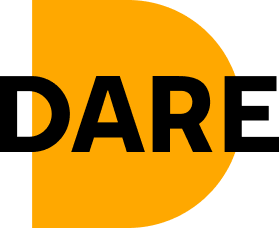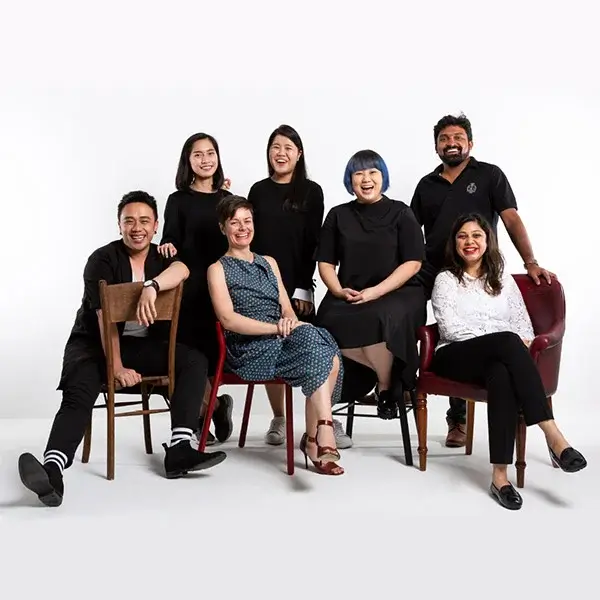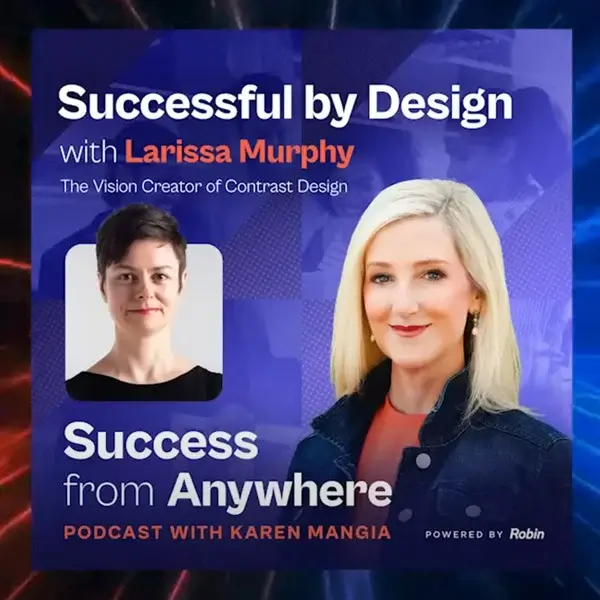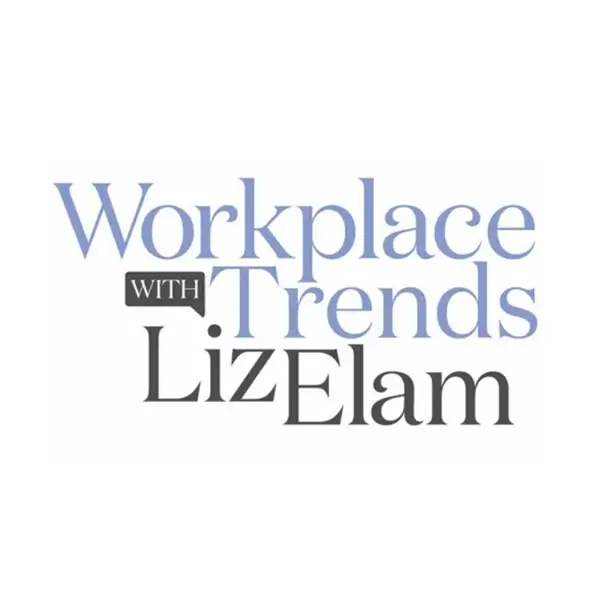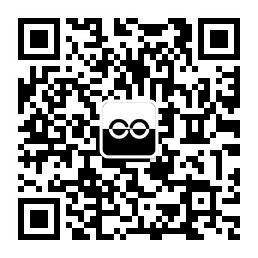As a part of the Morning Lazziness series about empowering women who are encouraging and doing incredible things with their ideas in society, I had the pleasure of interviewing Larissa Murphy. Larissa has extensive knowledge of Workplace innovation and transformation. First & Foremost, Larissa is a Visionary. Having a powerful imagination and the ability to formulate clear ideas about how things might or should be in the future. This is what she does; every day, she helps Contrast’s clients to see their workplace of the future.
Thank you so much for joining us in this interview series! Before we dive in, our readers would love to learn a bit more about you. Can you tell us a story about what brought you to this specific career path?
With a passion for design, I studied Architecture. On a college trip to France, we visited the Nemausus social housing project by Jean Nouvel in Nimes. It was celebrated by Architects for being ground-breaking. While visiting the building, I struck up a conversation with a resident and cheekily asked if she could show me her apartment. While the Architecture community were celebrating the quality of accommodation this development provided, the resident painted a very different picture; she hated the space. This reinforced what I had begun to understand from my fellow architecture students. We can’t design for people without engaging with them. Most Architects design monuments to their own egos; they focus on the aesthetic they like and the functionality from their perspective. They rarely consider the perspective of the people who might use the space. The overwhelming arrogance that architects know best astounded me. From that point on, my studies took a different direction. I started to study and read more about psychology than design. Upon qualifying as an Architect, I went to work for a multidisciplinary practice and learned that commercial Architects have little opportunity to work with end-users, so I switched teams and started to work on workplace interiors. People spend more of their waking hours in their workplace than they do in any other space. Since that day in Nimes, I have been on a mission to work with people to design spaces that they don’t just occupy; I want them to enjoy their workspaces.
Can you tell us the most interesting story that happened to you since you began your career?
What do you specialize in, and why should someone choose you over your competitors in your field?
What are the three things that mostly helped your business succeed?
None of us are able to achieve success without some help along the way. Is there a particular person you are grateful for who helped get you to where you are? Can you share a story about that?
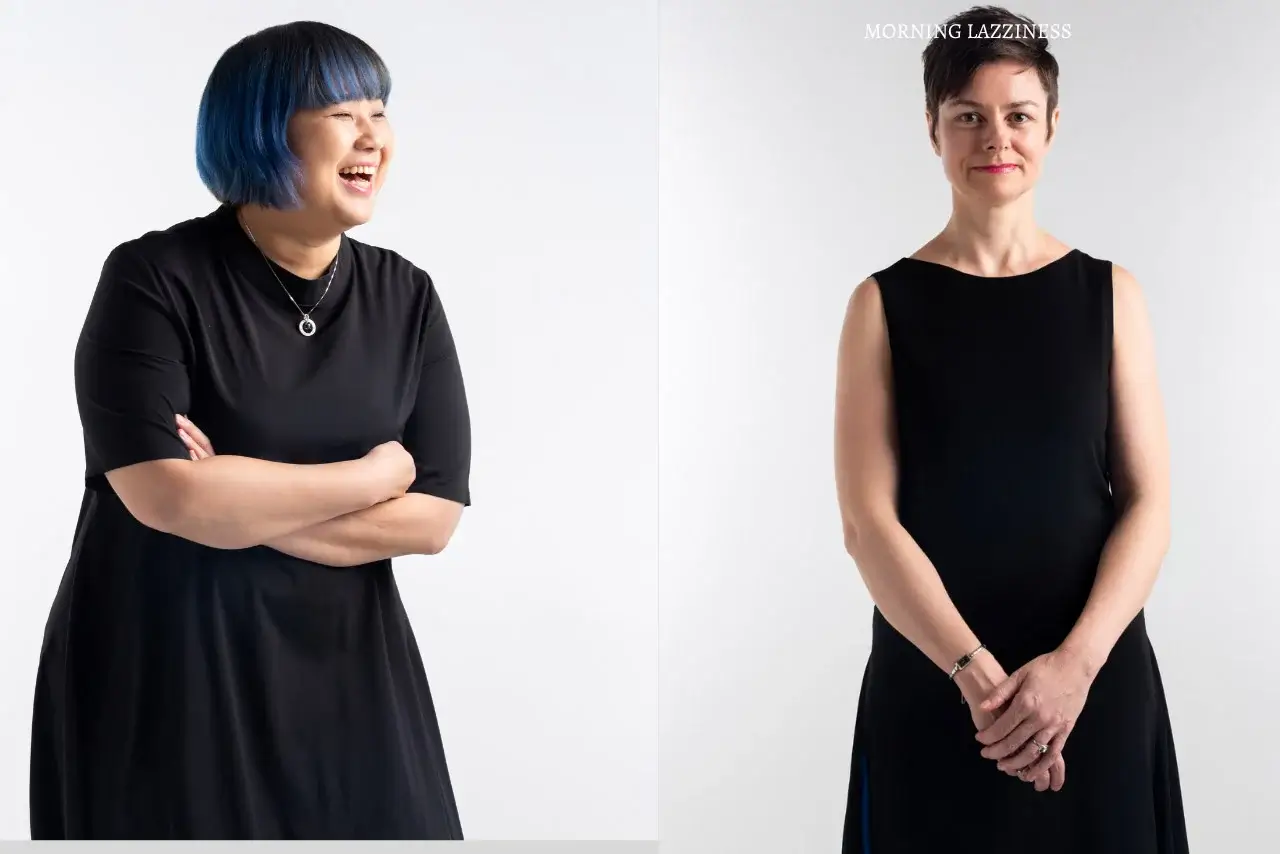
What’s your piece of advice for readers who want to achieve wealth and success in life?
Where do you see yourself and your business in five years?
What’s your piece of advice for people who want to quit their 9-5 job and start a business?
The future of the digital world might be ruled by blockchain and cryptocurrency. Do you think it would be challenging for all age groups to gain knowledge about the same? How can we educate them?
What do you think could be the future of NFT? How useful can they be for everyone?
Do you think NFTs, which are open to virtual reality, could adversely impact our health due to increased screen time?
What are your “5 Things I Wish Someone Told Me Before I Started” and why?
- Don’t try to conform if it doesn’t fit comfortably – We waste too much time trying to live up to others’ expectations, and it benefits nobody.
- Smile more – It makes people around you feel better.
- Let people do things their own way – There is no right or wrong, and forcing people to do things the way you think is best limits their potential to find a better way.
- Learn something new every day – It feels good.
- Don’t worry – things always work out, and worrying is a waste of energy, although it’s still hard to achieve this.
What would you tell yourself ten to twenty years ago that you wish you knew then?
There is nothing I would have told myself ten to 20 years ago; life is a journey of discovery. Most of the fun and benefits are to be gained by learning things first and sometimes the hard way. Being able to tell me 20 years ago something that I know now would be like somebody telling me the ending of a movie before I’ve seen it.
